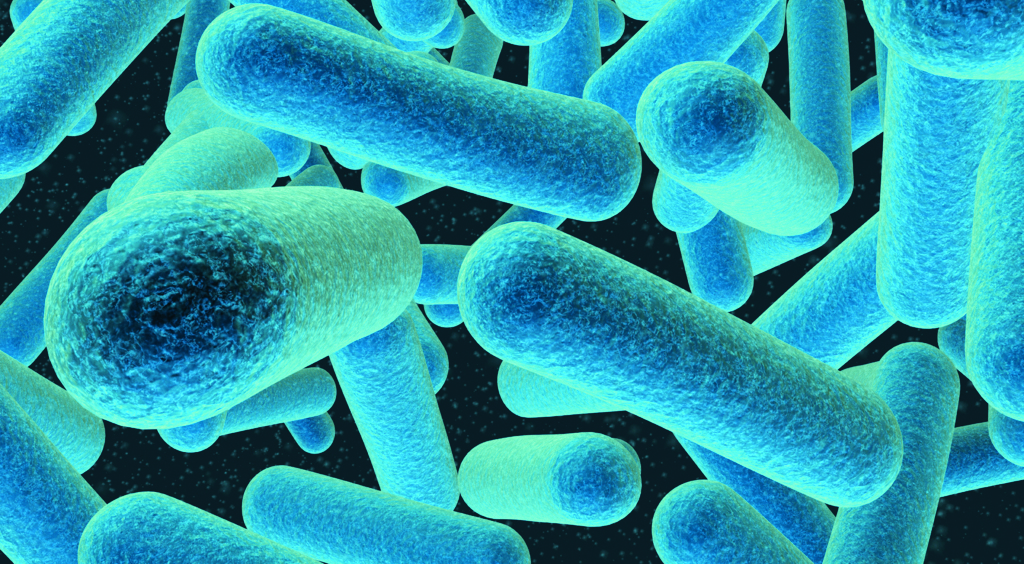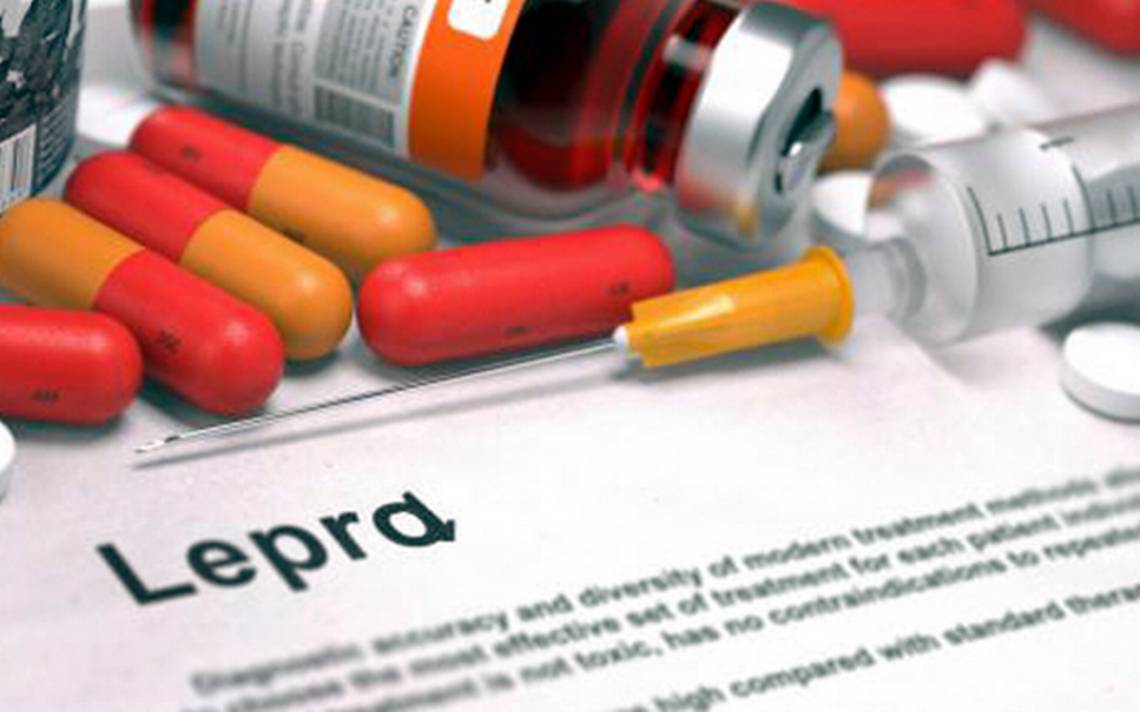[et_pb_section bb_built=”1″][et_pb_row][et_pb_column type=”4_4″][et_pb_text _builder_version=”3.13.1″]
The basic treatment of listeriosis in any of the cases is the eradication of the bacteria from the body of the patient through an antibiotic treatment.
Antibiotics are drugs that can kill bacteria or prevent their replication. The first antibiotic discovered was penicillin.
Listeria monocytogenes is combated with a derivative of penicillin, ampicillin, which does not directly destroy the bacteria, but prevents its replication, and this is enough to stop the infection.
In the most serious cases, for example those that occur in the newborn, it is better to add another type of antibiotic, such as gentamicin. Gentamicin belongs to the group of aminoglycosides, antibiotics that prevent the bacteria from producing more proteins, which leads to death. Other antibiotics may be used, such as cotrimoxazole and, in any case, antibiotic treatment should be started even without having confirmed the infection by Listeria monocytogenes. A recent problem to combat this infection is the appearance of strains of Listeria resistant to the usual antibiotics.
In addition to antibiotic treatment, other measures must be taken with the patient infected with Listeria. Some of them are the control of fever with antipyretics, the control of the tension with cardiac drugs, corticoids in the cases of meningitis, administration of oxygen in cases of sepsis, and so on. It is very important to start treatment early, since survival to Listeria infection is linked to a rapid and effective intervention.
Learn more about your health and well-being at Pharmamedic.
[/et_pb_text][/et_pb_column][/et_pb_row][/et_pb_section]







